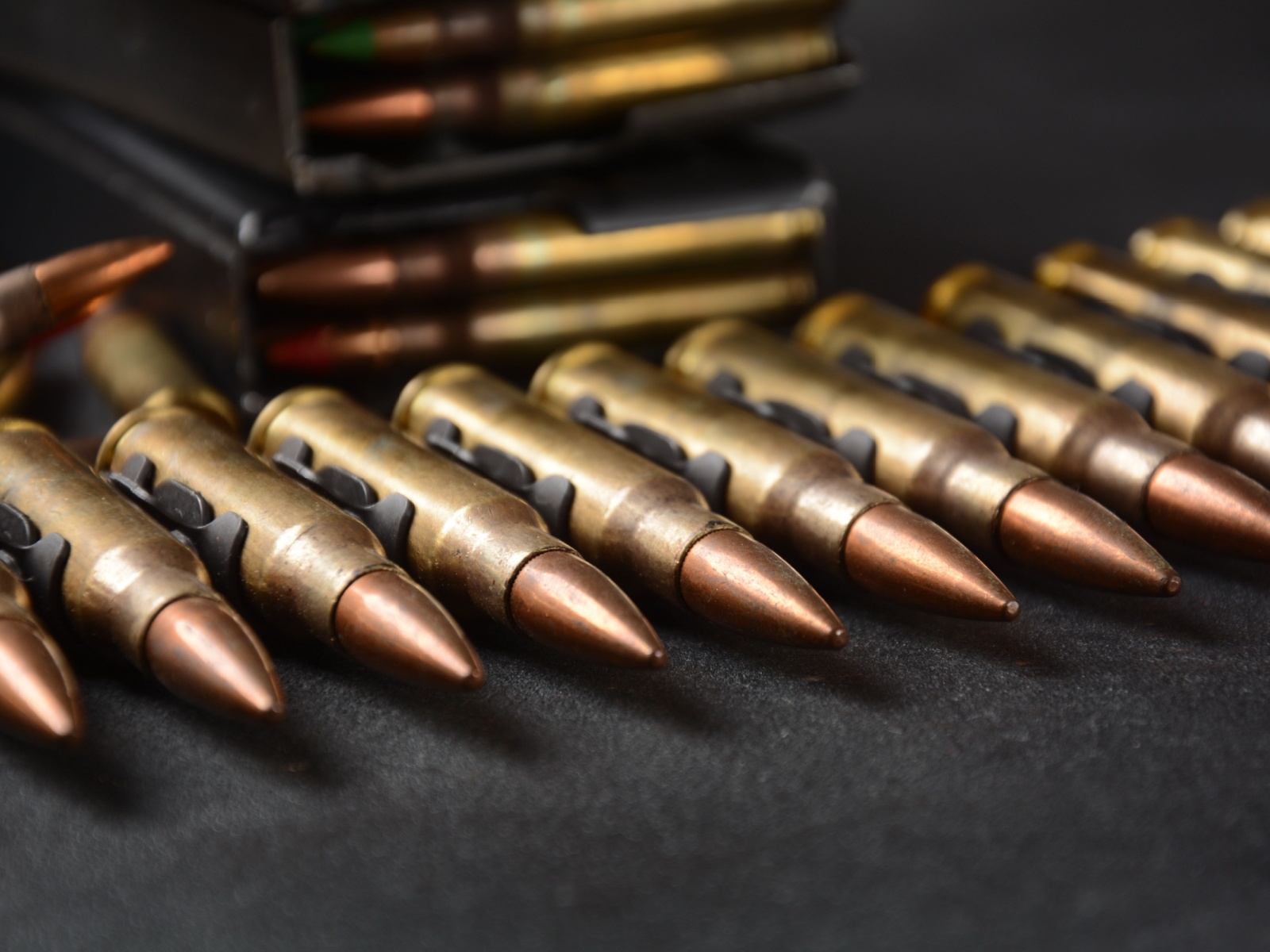GOST 35287 Artillery Shell Impact Performance Test
The GOST 35287 standard is a critical component in the evaluation of artillery shell impact performance. This test ensures that the shells meet stringent safety and operational reliability standards, which are paramount for military applications.
Developed by the Russian Standards Committee (Gosstandart), this testing protocol focuses on assessing how an artillery shell performs under extreme conditions such as high-velocity impacts, varying angles of entry, and different environmental factors. The primary objective is to ensure that shells can withstand these stresses without compromising their structural integrity or causing unintended hazards.
The process involves several key steps: selecting the correct specimen, preparing it according to specified guidelines, conducting the impact test using a calibrated drop tower apparatus, and evaluating the results against predefined criteria. Each phase requires precise adherence to GOST 35287 requirements to ensure accurate and reliable outcomes.
For quality managers and compliance officers, understanding the nuances of this test is essential for maintaining standards that meet international expectations. For R&D engineers, it offers insights into material selection and design optimization. Procurement teams can leverage these tests to verify suppliers' adherence to specified performance levels.
The GOST 35287 standard is widely recognized within the military sector for its comprehensive approach to artillery shell testing. It ensures that all components are rigorously evaluated, contributing significantly to overall operational effectiveness and safety.
Compliance with this standard also facilitates easier exportation of products into markets where Russian standards are accepted, enhancing business opportunities for manufacturers.
Applied Standards
The GOST 35287 Artillery Shell Impact Performance Test is aligned with several international and sector-specific standards:
- ISO/IEC 10659-2:2004 - International Standard for Testing of Explosive Devices
- ASTM E378-17 - American Society for Testing and Materials Standard for Impact Resistance of Protective Clothing
- EN 394:2016 - European Standard for Hand Protection in Construction
These standards provide a framework for consistent and repeatable testing procedures, ensuring that the results are reliable and comparable across different laboratories.
Industry Applications
The GOST 35287 standard finds extensive application in various segments of the military industry:
- Arms Manufacturing: Ensures that shells meet rigorous performance standards before deployment.
- Defense Logistics: Validates the durability and reliability of ammunition for storage and transportation.
- R&D and Testing Laboratories: Provides a robust methodology for continuous improvement in weapon systems design.
The test is particularly crucial during the development phase, where iterative testing helps refine designs to achieve optimal performance under diverse conditions. This ensures that new models are not only effective but also safe for use by military personnel and civilians affected by conflict zones.
International Acceptance and Recognition
- Russian Military: Essential for compliance with Russian defense procurement regulations.
- Export Markets: Widely accepted in markets where Russian standards are recognized, enhancing export potential.
- International Conferences: Used as a benchmark during discussions on military technology and safety.
The GOST 35287 standard is also recognized by NATO countries for its stringent quality assurance measures. This recognition underscores the global relevance of this testing protocol, making it an indispensable tool in the arsenal of defense manufacturers worldwide.





